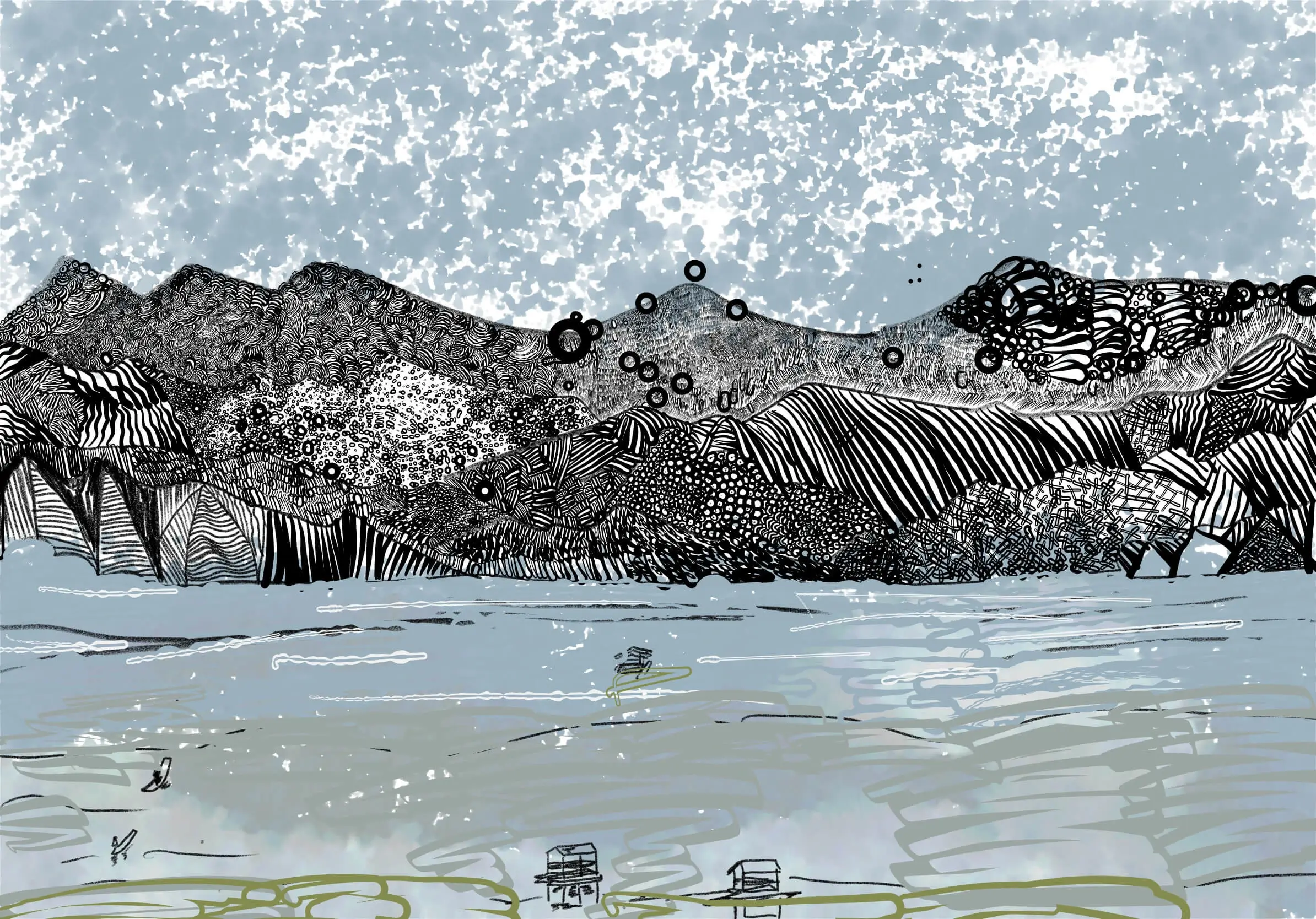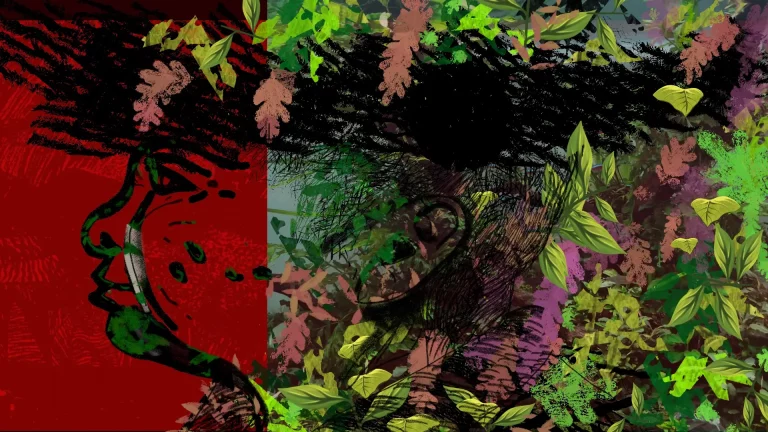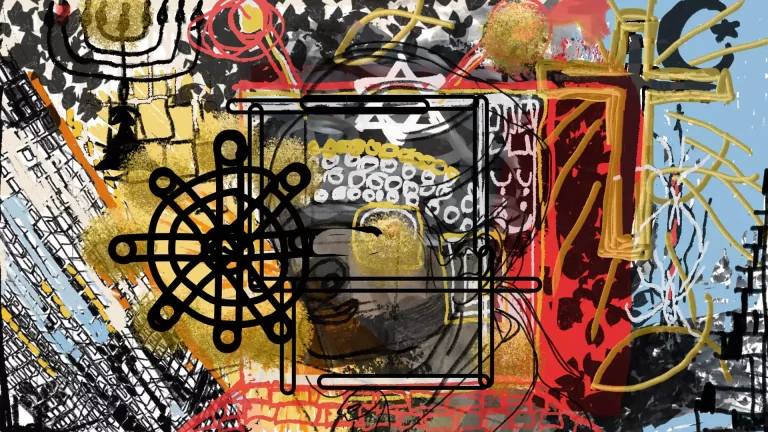Beyond artificial divides, exploring genuine connection, for the benefit of all
CSAS seeks to develop, study, and test models of intelligence that are ethically and aesthetically fulfilling and can be applied across a broad range of current and emerging substrates. We believe that networks of intelligence and care can connect and inform apparent selves, wherever and whatever we are.
Latest blogs
- Blog, News, Video
- February 19, 2024
- Blog, News
- October 6, 2023
- Blog, News, Video
- September 17, 2023
Care as a driver of intelligence
CSAS seeks to bring together thought leaders from the spheres of biology, Buddhism, education, medicine, psychology, and the sciences of information and cognition. We are committed to conduct multidisciplinary research comprehensively, critically and constructively.
Here are some impressions from our recent workshop.

Research team
Our team represents the fields of AI, Buddhist philosophy and practice, cognitive science, complex systems theory, computer science, evolutionary biology, physiology, and the interfaces between science and religion.











